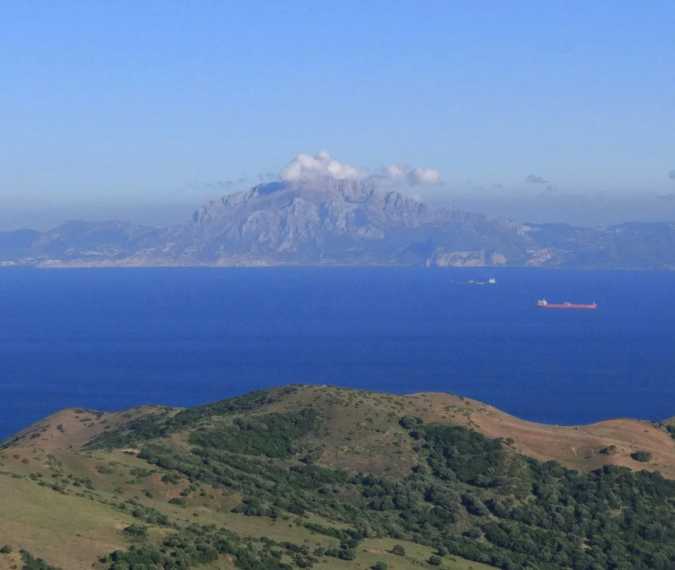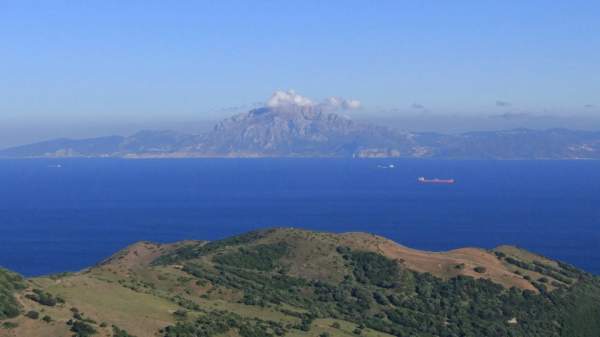
An Underwater Tunnel Connecting Europe to Africa: The Future of Travel
The vision of seamlessly traveling between Europe and Africa could soon become a reality with a groundbreaking project set to reshape international travel. By 2030, a new 17-mile underwater tunnel may connect Europe’s high-speed rail network directly to North Africa, offering a futuristic solution to cross-continental transportation. This ambitious project, estimated at a cost of £5.1 billion (€6 billion), promises to transform the way we travel and strengthen ties between continents.
The concept of linking Europe and Africa through an underwater tunnel isn't new. The idea was first seriously considered in 1979, with various studies and proposals emerging over the years. However, it wasn’t until recently that the project gained renewed momentum. In 1981, initial efforts were made, but it has taken decades of strategic planning and technological advancements to bring this vision closer to reality.
The proposed tunnel will span 17 miles under the Strait of Gibraltar, creating a direct high-speed rail connection from Madrid, Spain, to Casablanca, Morocco. The journey will traverse via Algeciras in Spain and Tangier in Morocco, seamlessly integrating Spain's existing rail lines with Morocco’s 200mph Al Boraq route, which has been operational since 2018.

Photo: unsplash.com/am77
The high-speed rail line, once completed, will be among the fastest and most efficient in the world. Morocco's Al Boraq route, known for its speed and reliability, will be a key component of this new connection. Comparisons are often made to the Channel Tunnel between Dover and Calais, which set a precedent for ambitious underwater rail projects. This Europe-Africa link, however, aims to exceed expectations in terms of scale and impact.
Constructing this underwater marvel comes with a hefty price tag. The project is estimated to cost around €6 billion (£5.1 billion). The European Union has already contributed €2.3 million (£2 million) towards feasibility studies. This significant investment underscores the project's potential to revolutionize travel and trade between the continents.
The geostrategic importance of this tunnel cannot be overstated. It not only promises to enhance travel and trade but also to solidify diplomatic and economic ties between Europe and Africa. The tunnel’s completion is strategically timed to coincide with Spain, Portugal, and Morocco's joint bid to host the 2030 FIFA World Cup, potentially positioning the project as a symbol of international cooperation and progress.
The proposed underwater tunnel connecting Europe to Africa represents a bold and ambitious vision for the future of travel. By bridging two continents, it promises to revolutionize transportation, strengthen international relations, and drive economic growth. As we look towards 2030, this project stands as a testament to human ingenuity and the power of strategic collaboration.


